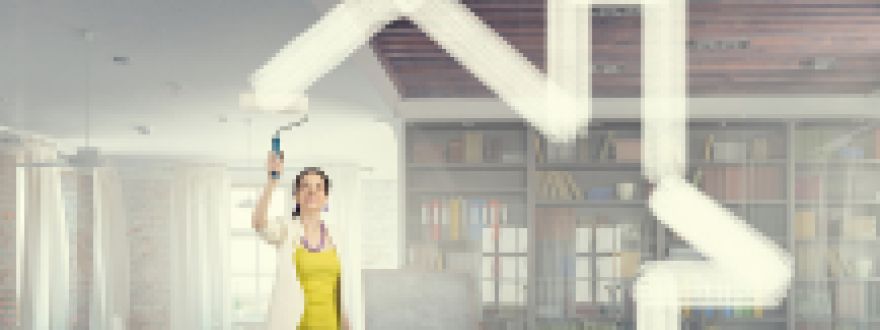
Embarking on a home renovation project not only promises to revamp your living space but also necessitates a fresh look at your home insurance policy. Understanding how certain upgrades and modifications can affect your coverage is essential to ensuring your home remains properly protected. Here, we delve into five significant renovations that can impact your home insurance, providing homeowners with insights to navigate these changes.
1. Expanding Your Living Space
Adding square footage to your home is a common renovation project, whether it's extending the living room, adding a new bedroom, or finishing the basement. This increase in your home’s size directly affects its replacement cost, necessitating an update to your insurance policy to reflect the new value of your home. Not updating your policy could leave you underinsured in the event of a loss.
2. Installing Outdoor Features
Outdoor additions such as swimming pools, decks, and patios can transform your backyard into a leisurely retreat. However, they also introduce new risks, especially swimming pools, which are considered attractive nuisances. These features can increase your liability risk, prompting a need for increased coverage. It’s important to discuss these changes with your insurer to ensure you’re adequately protected against potential accidents or injuries that could occur on your property.
3. Renovating Kitchens and Bathrooms
Kitchens and bathrooms are among the most popular rooms to renovate due to their impact on a home's value and functionality. These renovations can significantly increase your home's worth and, consequently, the cost to rebuild it in case of damage. Upgraded materials and high-end appliances might require additional coverage. Furthermore, during the renovation process, your home might be at increased risk of damage, which should be communicated to your insurer.
4. Upgrading Exterior Safety Features
Improvements such as replacing an old roof, installing storm shutters, or upgrading your home's siding not only enhance your property’s curb appeal but can also mitigate risks related to weather and external damage. These upgrades can positively affect your insurance premiums by reducing your home’s risk profile. Insurance companies often offer discounts for renovations that make your home safer and more resistant to damage.
5. Installing a Home Security System
A home security system is a valuable addition that can deter crime and provide peace of mind. From a home insurance perspective, a security system can reduce your risk of theft and vandalism, potentially lowering your insurance premiums. Many insurers offer discounts for homes equipped with monitored alarm systems, as they significantly reduce the likelihood of claims related to break-ins and property damage.
Communicating with Your Insurer
The common thread through all these renovation types is the necessity of communication with your insurance provider. Before embarking on a renovation project, it's wise to discuss your plans with your insurer to understand how these changes might affect your coverage and premiums. Some renovations will increase the value of your home and, consequently, the amount of coverage you need, while others might qualify you for discounts due to reduced risk.
Renovating your home is an exciting journey that can enhance your living space and lifestyle. However, the implications for your home insurance should not be overlooked. By proactively addressing these changes with your insurer, you can ensure that your policy reflects the true value and risks of your renovated home, safeguarding your investment against unforeseen events. Whether you’re adding square footage, installing new features, or updating essential rooms, an informed approach to your home insurance will keep your sanctuary secure in every sense.






